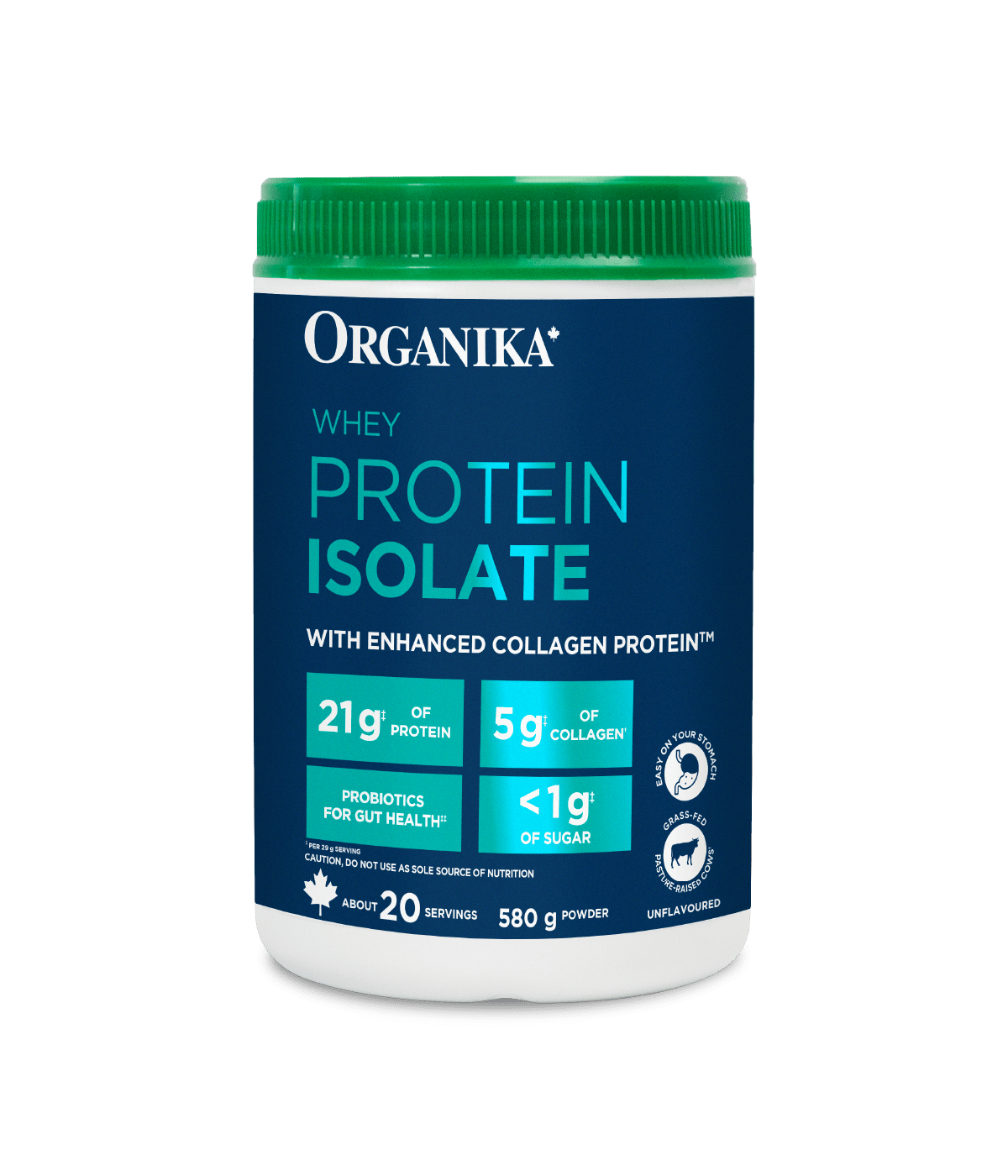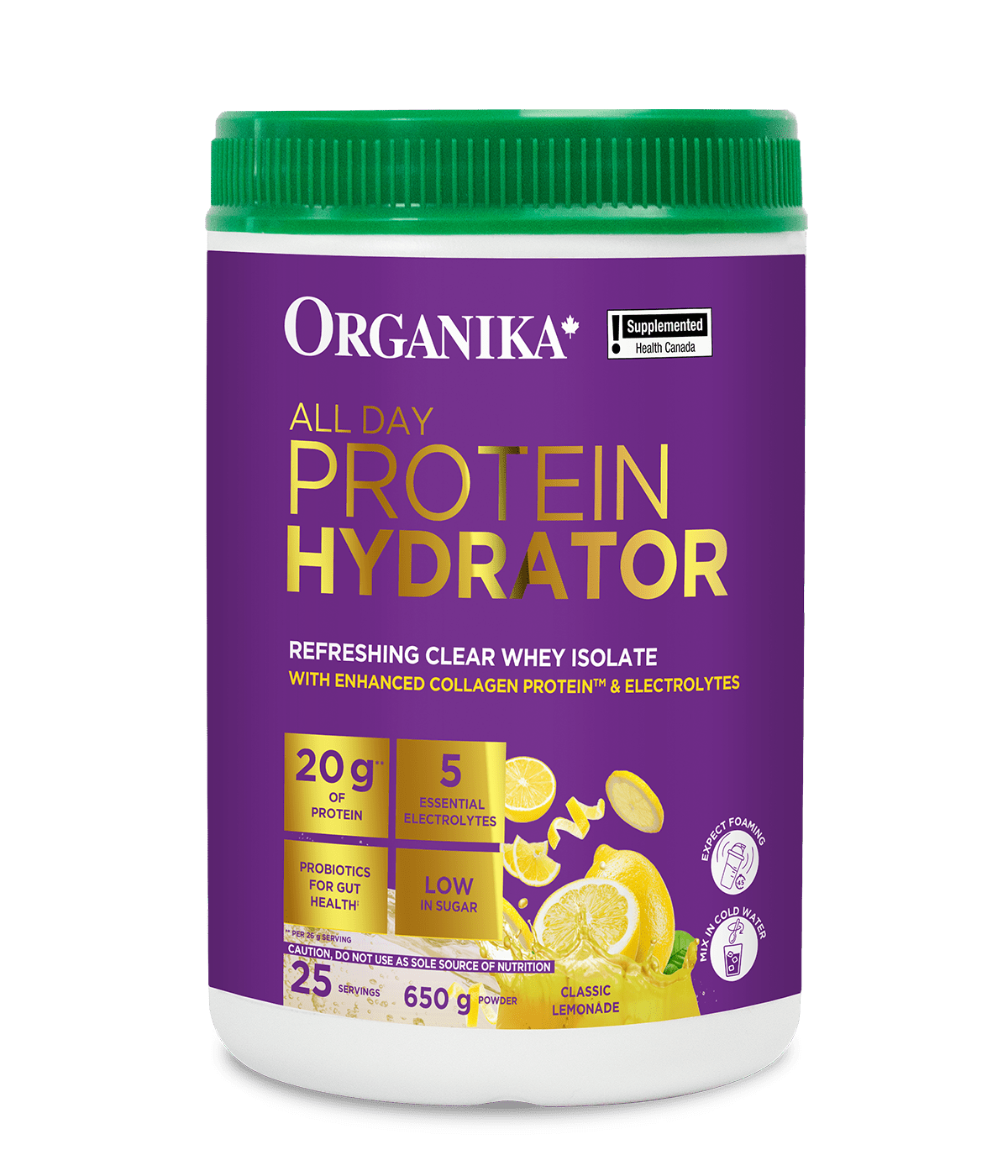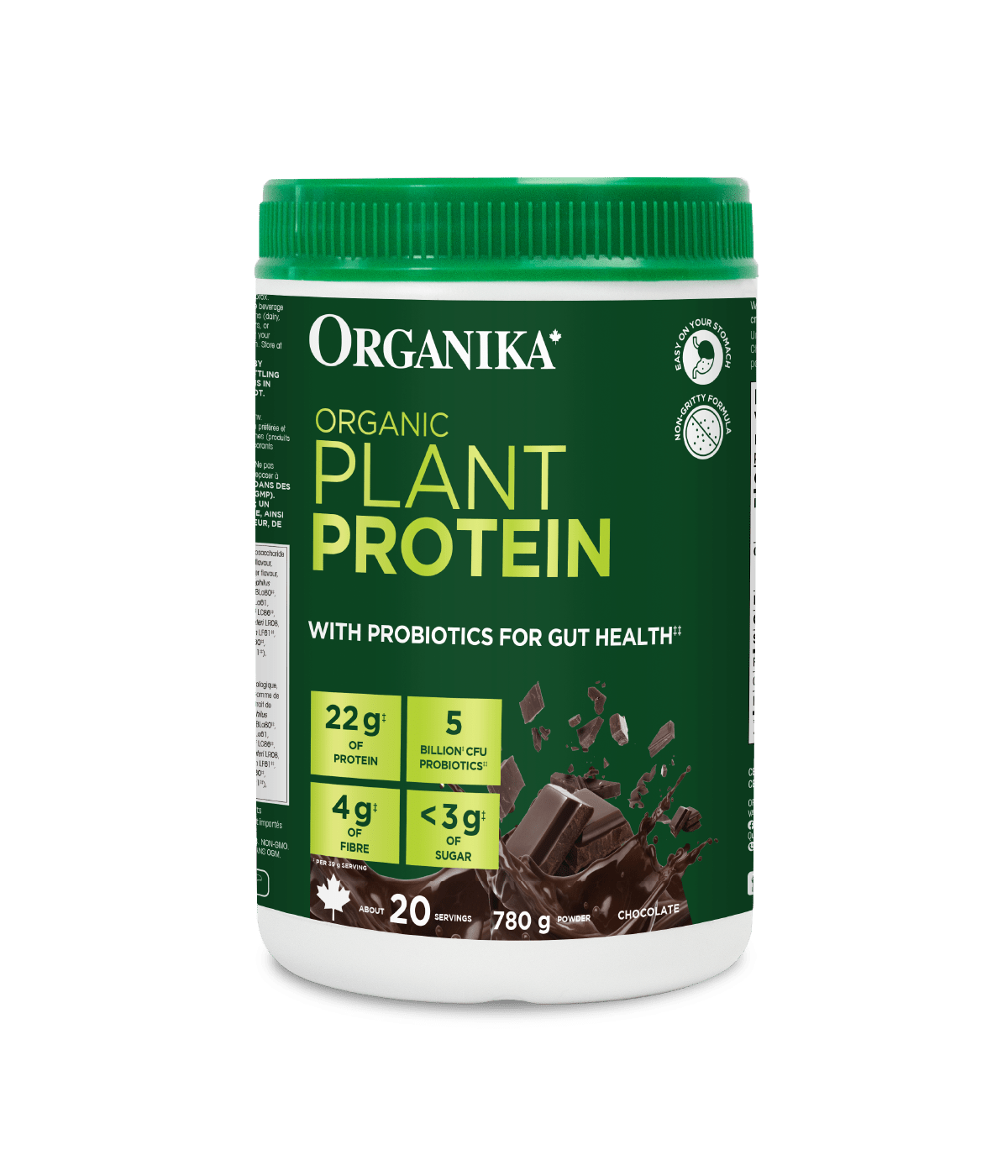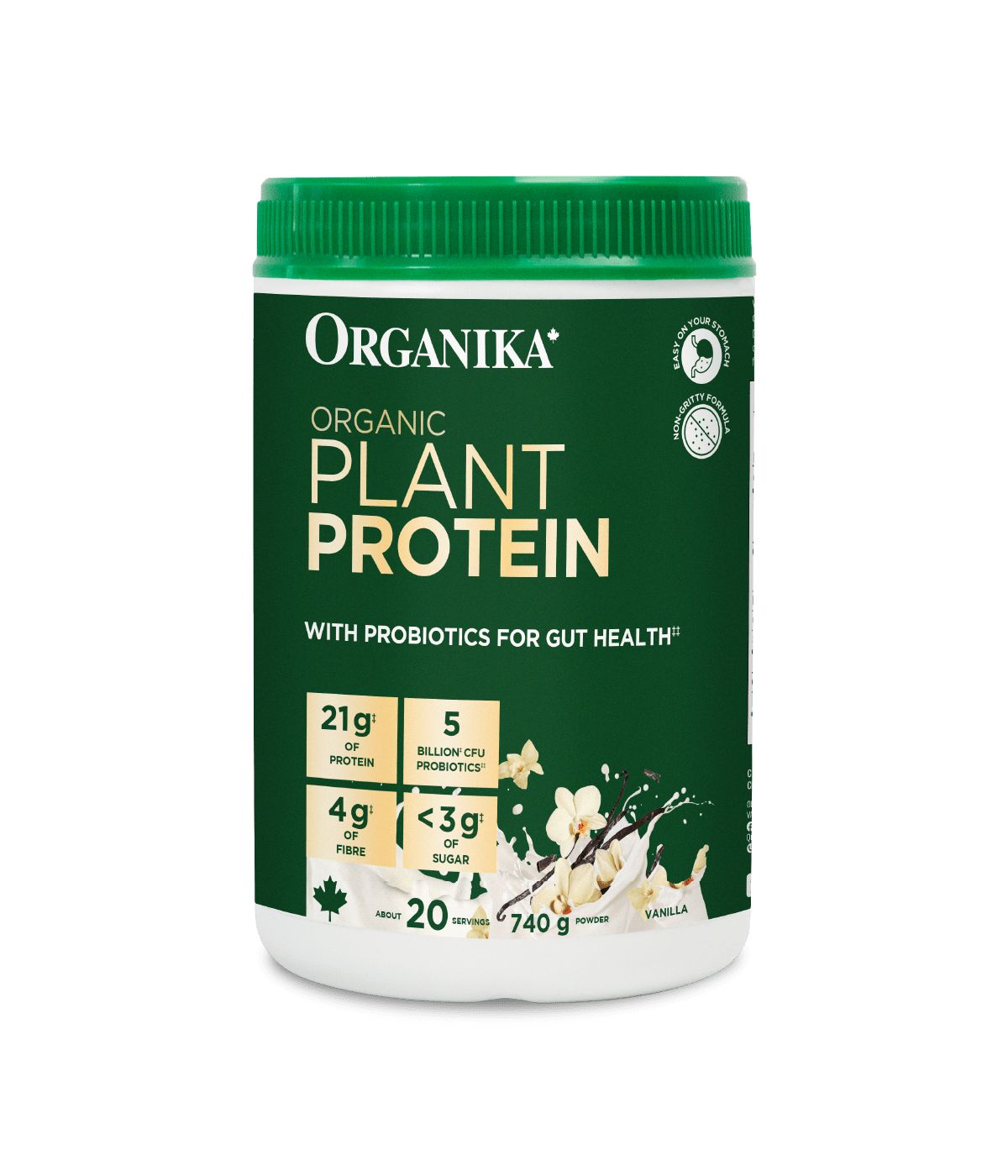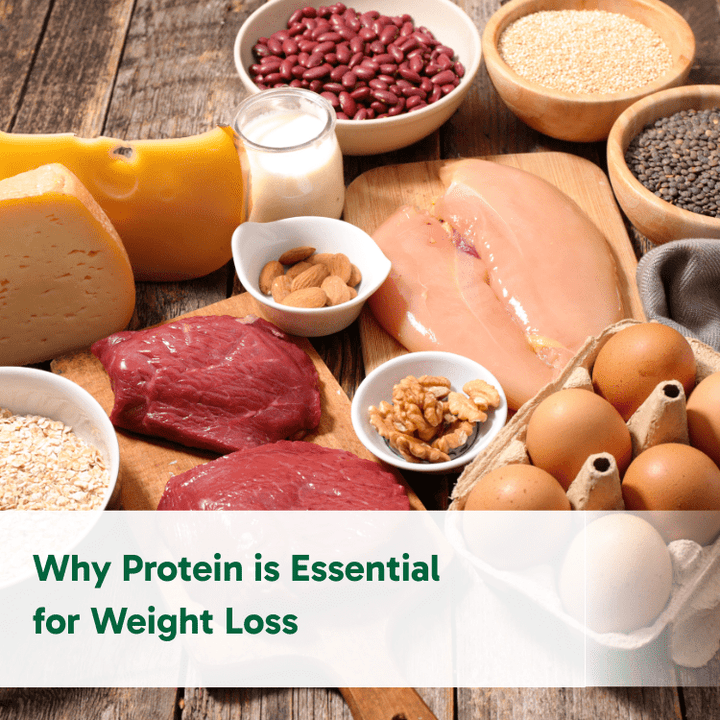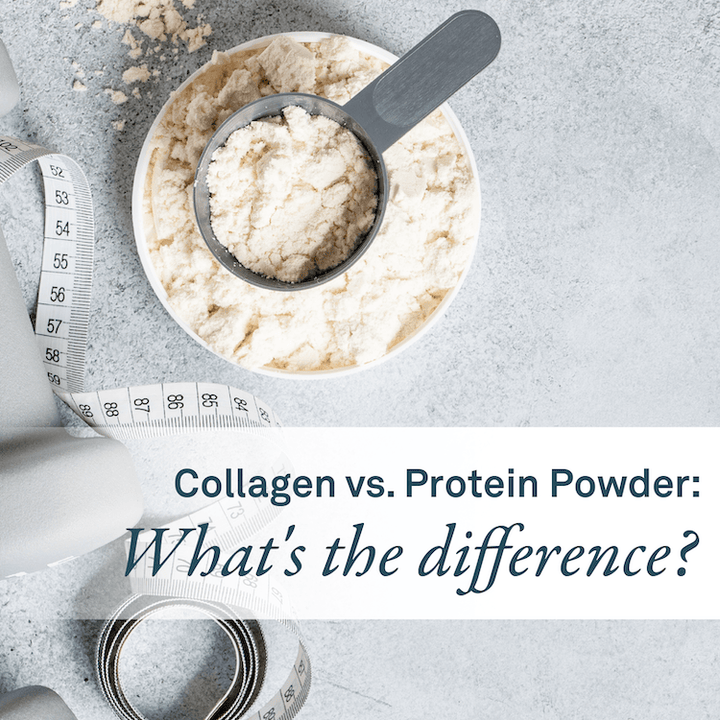Supplement Facts
Contains 20 g of protein, essential vitamins and minerals, probiotics, fibre and digestive enzymes to help support your nutrition and muscle health
Ask Away
We’ve got the FAQs covered. But if you’re still stuck, we’re only a message away.
Get in TouchWhat makes this protein “all-in-one” nutrition?
The product has a variety of ingredients, Whey Protein, Collagen, Probiotics, Prebiotics, Digestive Enzymes, A fruit and vegetable blend (contributes to 12 vitamins!).
What types of protein are included?
The protein source is mainly coming from Whey and Collagen.
Can I use this with cold or hot liquids?
It is best mixed with cold liquids, ideally with milk or milk alternatives for optimal results.
Does it contain any common allergens?
Yes. This product is not recommended for individuals with a dairy allergy, as whey contains milk.
What is the source of collagen in this product?
The collagen is sourced from grass-fed bovine.
How many probiotic strains are included?
There are 15 probiotic strains.
Can I take this if I’m lactose-intolerant?
It is not recommended, as this product contains milk from whey.
Can I mix this with water or other liquids instead of milk?
Yes, it can also be mixed with water or other liquids.
Can this protein be used in baking or smoothies?
Because this product has probiotics, they may not survive in hot temperatures, we suggest to add to cold or room temperature food and beverages.
























.png?v=1767040650258)
.png?v=1760556484261)


